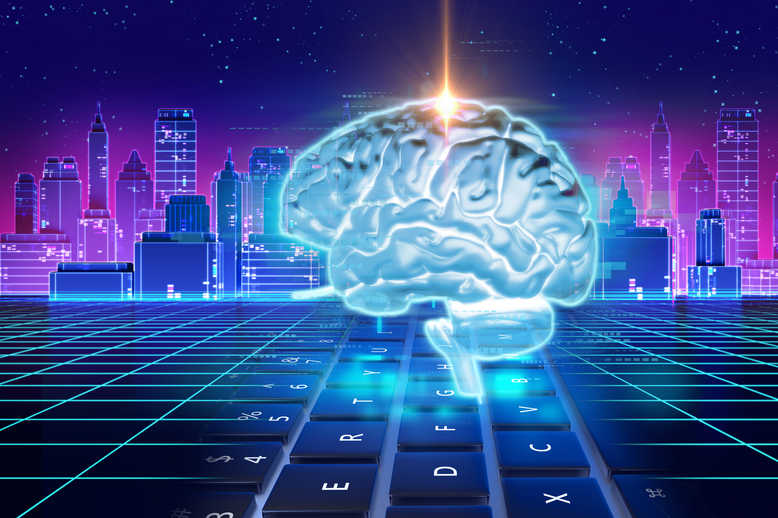Opportunities are endless with the introduction of artificial intelligence to the construction industry, from the design to the actual build. Artificial intelligence is where machines exhibit their own intelligence through using algorithms to solve problems using inputted data.
copyright by www.constructionglobal.com
 By harnessing robotics, construction managers can utilise intelligent machines that can perform routine tasks that were once completed by humans, such as bricklaying. Alternatively, AI systems can collate and organise information for engineers to use within project planning and design implementation.
By harnessing robotics, construction managers can utilise intelligent machines that can perform routine tasks that were once completed by humans, such as bricklaying. Alternatively, AI systems can collate and organise information for engineers to use within project planning and design implementation.
There are four main factors when it comes to the relationship between the construction industry and the advanced artificial intelligence we now have to help. Together with Oasys, specialists in building design software , we assess the way the construction industry is starting to use AI in order to complete projects that contain fewer errors, less omissions, safer working practices, improved workflows and more on-time worksite completions.
Planning the construction
The first stage where artificial intelligence used is in the construction planning. Autonomous equipment is considered as AI as it is aware of its surroundings and is capable of navigation without human input. In the planning stages, AI machinery can survey a proposed construction site and gather enough information to create 3D maps, blueprints and construction plans. This is an activity that can now be completed within one day, whereas at one point, it would take weeks. This helps to save firms both time and money in the form of labour.
Managing the project
Not only can AI be used for the planning stages, but also in managing the actual project. For example, workers can input sick days, vacancies and sudden departures into a data system and it will adapt the project accordingly. The AI will understand that the task must be moved to another employee and will do so on its own accord.
Communication on a project
With communication being vital in any sort of project, artificial intelligence can inform engineers on how to act on different projects. For example, if engineers were working on a proposed new bridge, AI systems would be able to advise and present a case for how the bridge should be constructed. This is based on past projects over the last 50 years, as well as verifying pre-existing blueprints for the design and implementation stages of the project. By having this information to hand, engineers can make crucial decisions based on evidence that they may not have previously had at their disposal. […]
read more – copyright by www.constructionglobal.com


Opportunities are endless with the introduction of artificial intelligence to the construction industry, from the design to the actual build. Artificial intelligence is where machines exhibit their own intelligence through using algorithms to solve problems using inputted data.
copyright by www.constructionglobal.com
There are four main factors when it comes to the relationship between the construction industry and the advanced artificial intelligence we now have to help. Together with Oasys, specialists in building design software , we assess the way the construction industry is starting to use AI in order to complete projects that contain fewer errors, less omissions, safer working practices, improved workflows and more on-time worksite completions.
Planning the construction
The first stage where artificial intelligence used is in the construction planning. Autonomous equipment is considered as AI as it is aware of its surroundings and is capable of navigation without human input. In the planning stages, AI machinery can survey a proposed construction site and gather enough information to create 3D maps, blueprints and construction plans. This is an activity that can now be completed within one day, whereas at one point, it would take weeks. This helps to save firms both time and money in the form of labour.
Managing the project
Not only can AI be used for the planning stages, but also in managing the actual project. For example, workers can input sick days, vacancies and sudden departures into a data system and it will adapt the project accordingly. The AI will understand that the task must be moved to another employee and will do so on its own accord.
Communication on a project
With communication being vital in any sort of project, artificial intelligence can inform engineers on how to act on different projects. For example, if engineers were working on a proposed new bridge, AI systems would be able to advise and present a case for how the bridge should be constructed. This is based on past projects over the last 50 years, as well as verifying pre-existing blueprints for the design and implementation stages of the project. By having this information to hand, engineers can make crucial decisions based on evidence that they may not have previously had at their disposal. […]
read more – copyright by www.constructionglobal.com
Share this: